Study permits and Post Graduate Work Permits (PGWP)
Thousands of applicants around the world are dreaming about being accepted into one of the Canadian colleges or universities and receiving study permit. Studying in Canada is an exciting and rewarding experience for many international students. Once you’ve decided what to study, you need to consider entry dates, application deadlines, student visa processing times and English language requirements. Aside from BA, MBA, PhD, certificate and diploma programs, Canadian colleges and universities have a variety of short-term summer language courses, continuing education and exchange programs. The main intake is in September each year, though many colleges and universities have a smaller intake in January or summer term. Most foreign nationals require a study permit to study in Canada.
If your course is less than 6 months long, you will only need a visitor visa to come to Canada. However, if you plan to study for more than 6 months, you’ll need to apply for a student visa. To apply for study visa first of all you need to obtain acceptance letter from educational institution. There are more than 97 universities and colleges in Canada, however the school of your choice must be approved by a provincial or territorial government to host international students. If you plan to apply to college or university, this is the first thing you should check.
Other Reasons may include
If you have been refused a Student Visa or wish to apply for a Student Visa, please contact our firm to get Professional Help. We can provide assistance and prepare a strong application.
To apply for a study permit, you need:


Our Canadian immigration services can help you in making this process smoother and easy.
Study Visa Refusal
Student Visas get refused often when individuals apply on their own. There are many possible reasons for refusal which are detailed below.
Citizens from Non visa-exempt countries must ensure a strong application is prepared in order to convince the visa officer they are a good candidate for a Student Visa. Non visa-exempt countries have been flagged by Canadian Immigration, and citizens from these countries must go through a much more rigorous screening process than citizens from visa-exempt counties. Every Student, Worker, or Visitor from a non visa-exempt country requires a TRV visa in their passport (travel authorization) before they are allowed to board a plane and travel to Canada. When a candidate applies for a Student Visa, they will be automatically issued a TRV visa as well.
The Student Visa application process is a lengthy one. The application requires detailed personal and family information. In addition, many documents must be provided to strengthen and support the application. Unlike US visas that have an interview, Canada’s screening process is only done by a online application with no interview. It is extremely important to prepare a strong application as the visa officer will make a decision solely based on the information provided in the application; they will not request any additional information.
Many individuals do not understand the process and there is a high rate of refusal when an individual applies on their own. After receiving a refusal, the individual has been flagged and any subsequent application must be as strong as possible in order to have any chance of approval. We at TurtleDove Immigration Services can help you re-apply.
Reasons for Refusal:
Work while studying
While studying in Canada, it is possible to work in Canada, under any Citizenship and Immigration Canada’s work programs for students. Under the following categories, a student is allowed to work in Canada:
- On campus without a work permit
- Off campus with a work permit
- In Co-op and Internship Programs, where work experience is a part of the curriculum, with a work permit.
Additionally, spouses and common-law partners of foreign students are eligible for a work permit for the duration similar to study permit.
Upon graduation, a student is allowed to apply for a work permit under the Post-Graduation Work Permit Program. Under this program, you may get work permit up to a maximum of three years.
For further information regarding the procedures for applying for a Study Permit,
Post-Graduation Work Permit
Graduates of Canadian post-secondary institutions are eligible for a one-time post-graduation work permit after completing their studies. These open work permits grant work authorization to international students, allowing them to gain valuable Canadian work experience that may be used as part of a later application for Permanent Residency.
A work permit under the Post-Graduation Work Permit Program (PGWP) may be issued for the length of the study program, up to a maximum of three years. A post-graduation work permit cannot be valid for longer than the student’s study program, and the study program must be a minimum of eight months in length. For example, if you graduate from a four-year degree program, you could be eligible for a three-year work permit if you meet the criteria. If you graduate from an eight-month certificate program, you would be eligible for a work permit that is valid for no more than eight months. Post-Graduation work permits must be obtained within a specific time-frame after graduation.
Eligibility Criteria
To be eligible for a Post-Graduation Work Permit, international students must:
- have studied full-time for the eight months preceding the completion of their program (please see note below) and must have graduated from one of the following:
- a public post-secondary educational institution (university, college, or CEGEP)
- a private post-secondary educational institution that operates under the same rules and regulations as public institutions, and receives at least 50 per cent of its financing for operations from government grants
- a Canadian private educational institution authorized by provincial or territorial statute to confer degrees
- apply for a work permit within 90 days of receiving written confirmation from their academic institution that they have met the requirements of their program.
- have completed and passed the program of study and received written notification that they are eligible to obtain their degree, diploma, or certificate
- have a valid study permit when applying for the work permit
Important to note: If a graduate does not apply within 90 days or falls out of status by allowing their study permit to expire, they will not be eligible to apply for a post graduate work permit. It is important to apply within 90 days of confirmation of graduation and BEFORE your study permit expires. If your study permit will expire before you graduate, you must apply for an extension.
Potential applicants should note that:
- The program of study must be a minimum of two years for the graduate to obtain the three year work permit. However, if the program was less than two years but longer than eight months, the graduate can still obtain a work permit for the same duration as the program of study. In cases where a student has obtained a one year degree or diploma from an accredited educational institution within two years of having successfully completed a previous accredited Canadian post-secondary degree or diploma, he or she may qualify for a three-year open work permit
- While a student must have been studying full time in the eight months preceding the date of application for an open work permit, an exception is made in the case where a student fulfills all the requirements except full time study in the last session of their program. For example, if a student only needs two courses in the final session to complete the program but all previous study has been full time, the student may still apply for the Post-Graduate Work Permit Program.
Need Help?
Contact us for more information about the Post Graduate Work Permit or for assistance in applying for a work permit.

